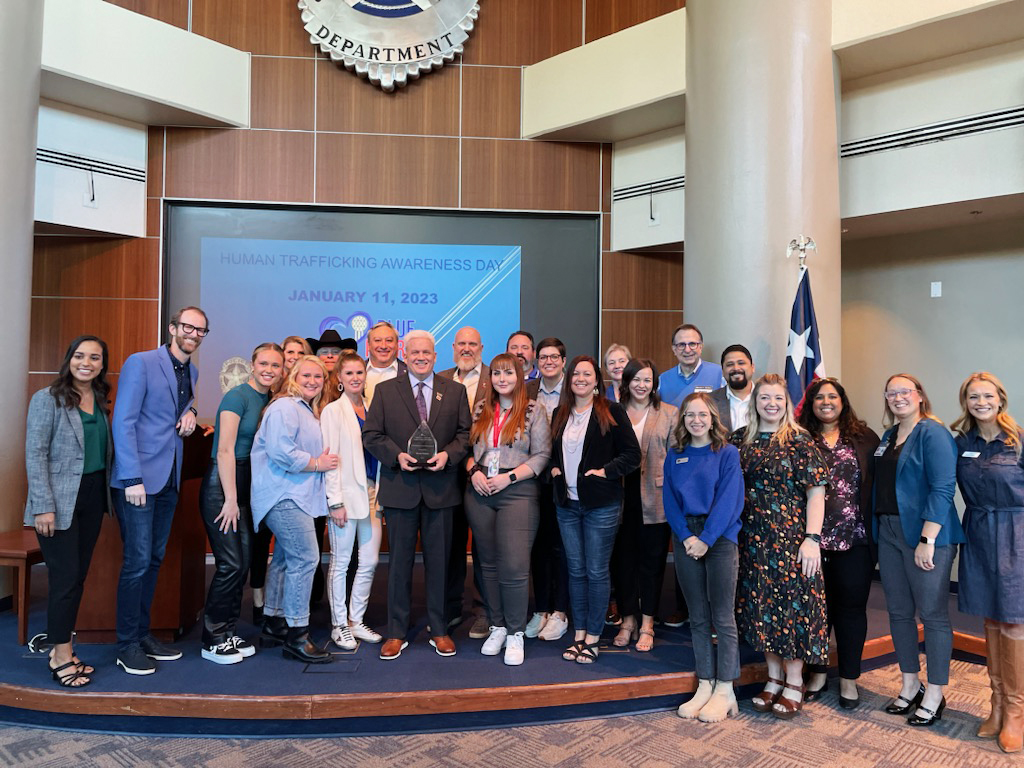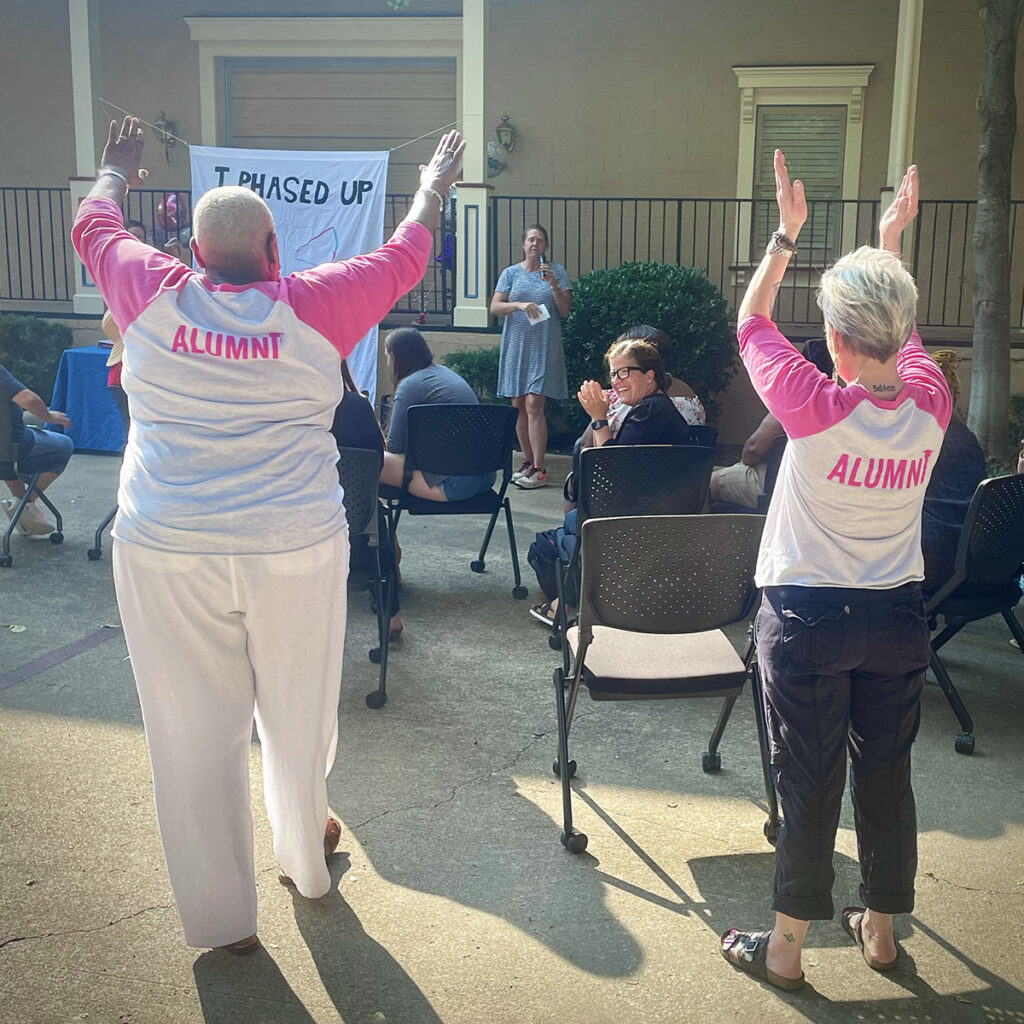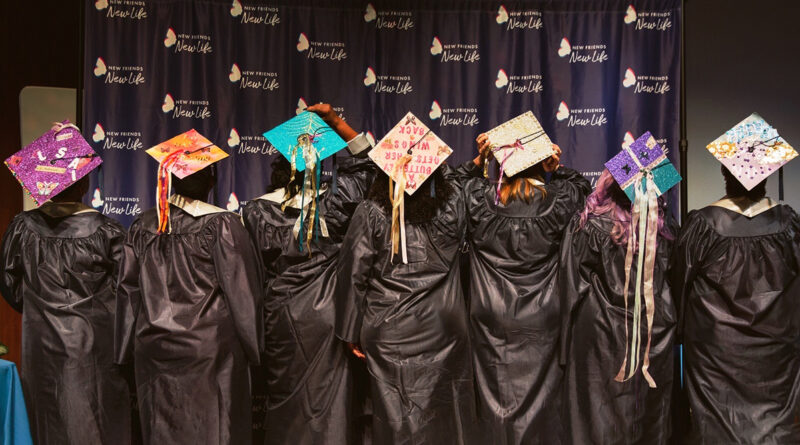Nonprofits Support Human Trafficking Survivors
North Texas Coalition, New Friends New Life help victims pursue self-sufficiency
Texas ranks second in the U.S. in human trafficking – a statistic Chad Frymire and Bianca Davis often cite.
Frymire, president of the North Texas Coalition Against Human Trafficking, and Davis, CEO of New Friends New Life, are working to support victims in Dallas.
The coalition was founded 12 years ago as an offset of the North Texas Anti-Trafficking Task Force to focus on non-governmental organizations and nonprofits.
Frymire joined about 10 years ago and worked with a group to build a board structure.

“Through that work, we started doing a lot more community outreach and having a lot more targeted events and things like that,” Frymire said.
Fundraising, often through barbecue competitions, got underway, he continued. “We decided that we needed something to allocate those funds to.”
The volunteer-operated coalition has two funds: an educational scholarship and an emergency fund. The scholarship supports survivors through school, and the emergency fund helps with unexpected financial hardships such as making the rent on time or car troubles.
“Self-sufficiency is so important for survivors,” Frymire said. “We don’t want them to have an opportunity to fall back into the life because of monetary reasons.”
With similar goals, New Friends New Life launched 25 years ago after an exotic dancer went to a church seeking help. The women at the church helped the victim financially and emotionally, so she brought other victims she knew.
New Friends New Life focuses on life restoration with a women’s program, youth resource center, and men and boys department.

The women’s program serves female survivors through immediate needs such as food and shelter, counseling to work through trauma, and economic empowerment to get them back into the workforce.
“What we see is a lot of women who have come through our doors,” Davis said. “The average age of the women we serve is 32 years old, and by that time, she’s been trafficked through a myriad of ways.”
Its youth resource center targets youth ages 12 to 22, who may or may not be victims of trafficking, to set them on a healthy path and target struggles before it becomes too late.
The third program is for men and boys to engage them to be part of the solution instead of contributing to trafficking.
“This isn’t a victimless crime,” Davis said. “Things that seem to be OK in culture (such as porn and strip clubs), we want to shift that conversation so that we don’t create another generation of boys who grow up to objectify women.”









